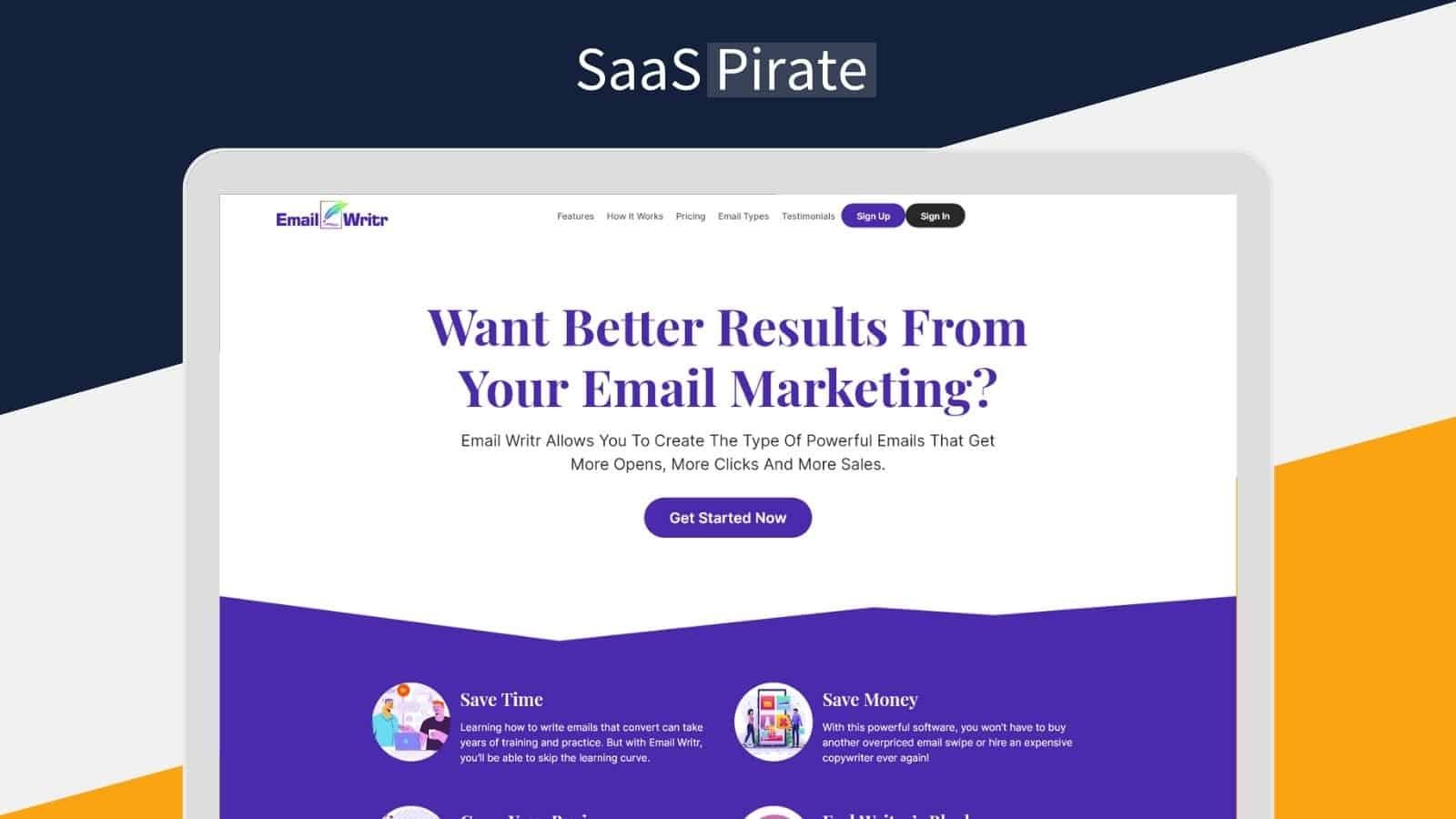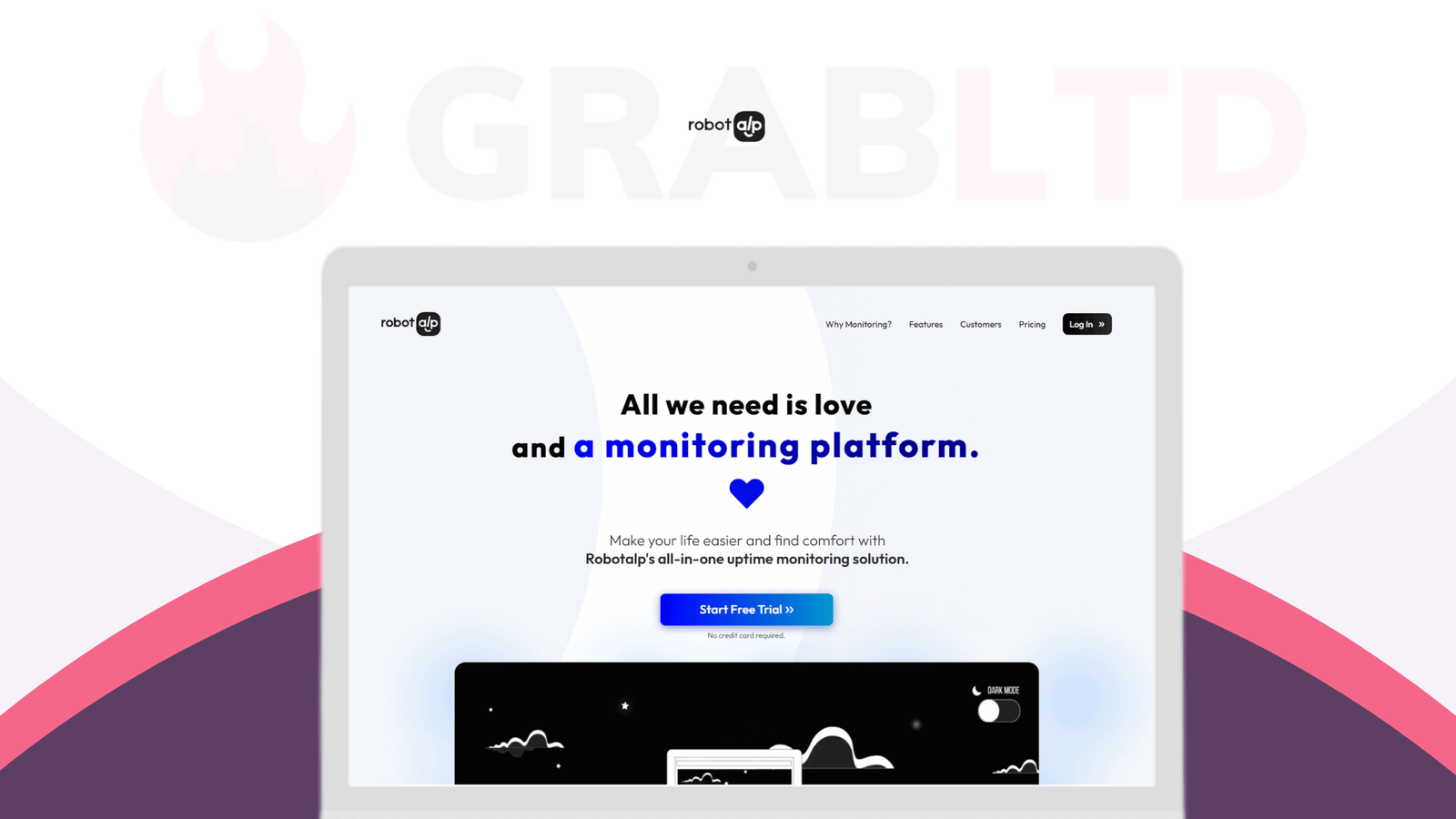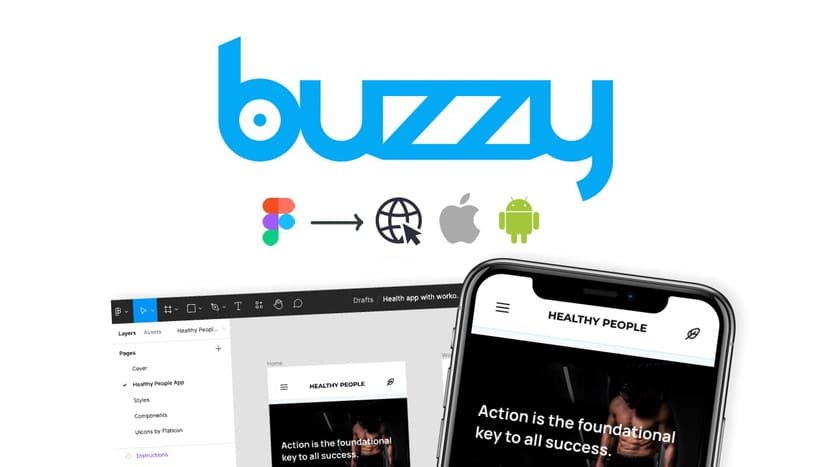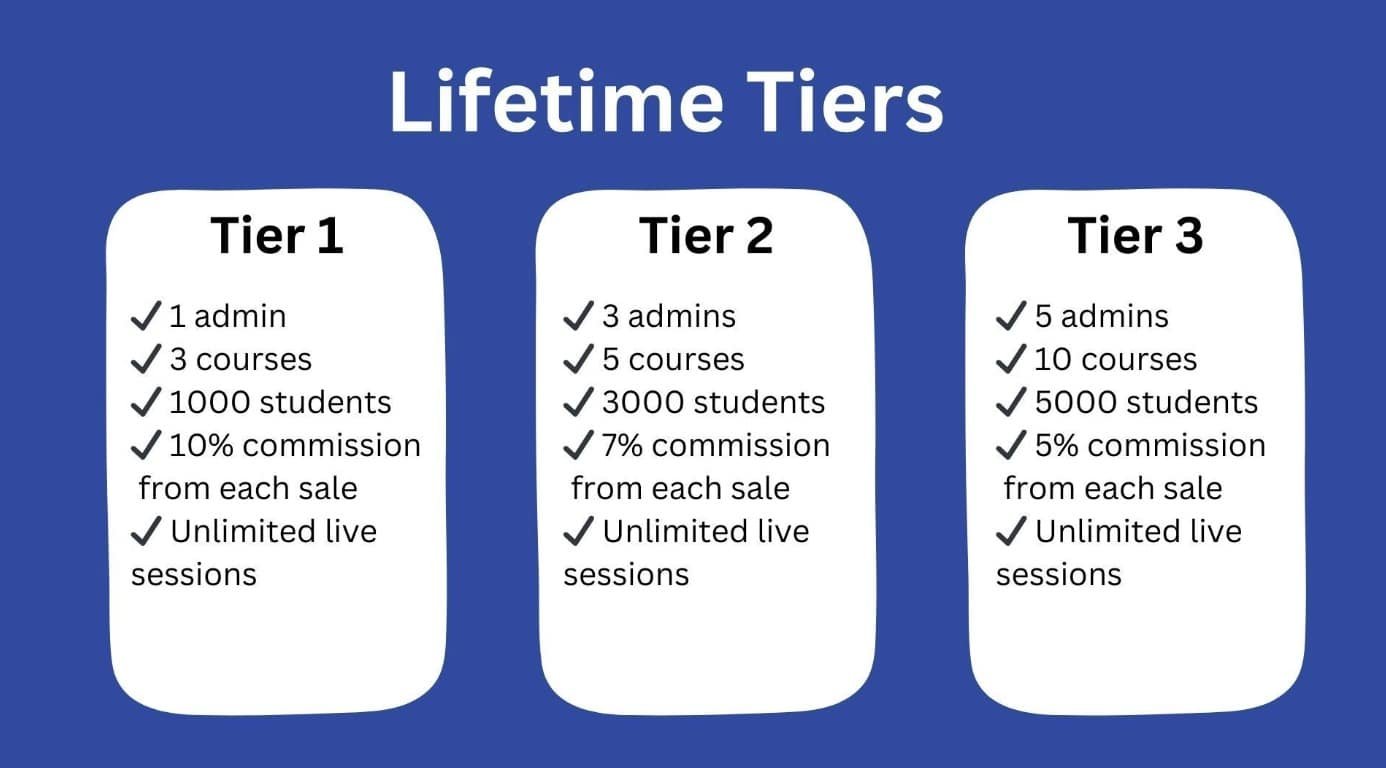Choosing the right HR software for small businesses can be a game-changer. It streamlines tasks and improves efficiency.
But with so many options, finding the best fit can be challenging. Small businesses face unique HR challenges. Limited resources and time constraints make managing HR tasks tough. Good HR software can simplify payroll, track employee performance, and ensure compliance.
It helps small business owners focus on growth, not paperwork. The right tool can offer significant benefits. It reduces errors, saves time, and improves employee satisfaction. In this blog, we’ll explore top HR software options. We’ll help you find the best solution for your small business needs. Dive in and discover how the right HR software can transform your operations.

Credit: www.selectsoftwarereviews.com
Key Features
Discover the best HR software designed for small businesses. Enjoy user-friendly interfaces, automated payroll, and efficient employee management. Boost productivity with seamless integration and customizable tools.
When looking for the best HR software for small businesses, it’s essential to focus on the key features that will streamline your daily operations. The right software can save you time, reduce errors, and enhance productivity. Let’s dive into some of the critical features you should look for.Employee Management
Effective employee management is at the heart of any successful HR software. You need a system that allows you to easily track employee information, such as personal details, job roles, and performance reviews. Imagine being able to pull up an employee’s entire history in just a few clicks. No more rummaging through piles of paper or endless spreadsheets. Look for software that includes time tracking. This feature helps you monitor employee hours, manage overtime, and ensure compliance with labor laws. An example from my experience: I once worked at a small company where we had to manually track hours. It was a nightmare during payroll week. But after switching to an HR software with time tracking, the process became seamless.Payroll Processing
Payroll processing is another crucial feature. You want software that can automatically calculate wages, taxes, and deductions. This not only saves time but also reduces the risk of human error. Have you ever had to manually correct a payroll mistake? It’s stressful and time-consuming. Automated payroll processing can prevent these issues. Also, consider software that offers direct deposit. Your employees will appreciate the convenience of getting paid directly into their bank accounts. Some HR software even integrates with accounting systems. This integration can help you keep your financial records in order without extra effort. Remember, the right HR software should make your life easier, not more complicated. So, choose one with robust payroll features to keep things running smoothly. What features do you find most critical for your business? Share your thoughts in the comments below.
Credit: icomppayroll.com
Top Hr Software Options
Choosing the best HR software for small businesses can be challenging. The right software can streamline processes and boost productivity. Let’s explore some top HR software options that can help manage HR tasks efficiently.
Software A
Software A is designed for small businesses. It offers an easy-to-use interface. The software includes payroll processing and employee management. It also provides attendance tracking and benefits administration.
Software A integrates well with other tools. This makes it simple to use with existing systems. The customer support is reliable and responsive. Small businesses will find it affordable and effective.
Software B
Software B is a great option for small businesses. It features robust HR management tools. The software includes recruiting and onboarding functionalities. It also helps with performance evaluations and training.
Software B offers customizable templates. This saves time on repetitive tasks. The software is cloud-based, ensuring data security. It is user-friendly and suits small business needs well.
Customization
Finding the best HR software for small businesses can be a game-changer, especially when it comes to customization. Every small business has unique needs, and the ability to tailor HR software to match these needs is invaluable. With customizable options, you can create a system that fits your business perfectly, enhancing productivity and employee satisfaction.
Scalability
As your small business grows, your HR needs will also evolve. A scalable HR software ensures that you can expand its features and capabilities as your team grows. Imagine starting with a basic module for a team of five and seamlessly upgrading to more advanced features as you hire more staff. Scalability ensures that you won’t outgrow your HR software, saving you time and money in the long run.
Integration
Integration is another critical aspect of customization. Your HR software should work well with other tools you use, like payroll systems, time-tracking apps, and communication platforms. This interconnectedness streamlines your processes and reduces the risk of errors. For instance, integrating your HR software with your payroll system can automate salary calculations and tax deductions, making payday a breeze.
Customization in HR software is not just about adding features; it’s about creating a tool that grows with you and integrates seamlessly into your existing workflow. By focusing on scalability and integration, you ensure that your HR system will support your business now and in the future. What specific features would you like to customize in your HR software to make your job easier?
User Experience
Choosing the right HR software for your small business is crucial. One of the most important aspects to consider is user experience. A user-friendly platform can save you time, reduce errors, and improve overall efficiency. Let’s dive into the key elements of user experience in HR software.
Ease Of Use
Ease of use is paramount. HR software should be intuitive and straightforward. You don’t want to spend hours trying to figure out how to add a new employee or run a payroll report. Look for software with a clean interface and clear instructions.
For instance, many small businesses love platforms like BambooHR because of its simplicity. You can easily navigate through different modules without feeling overwhelmed. It’s like having a helping hand guiding you through every step.
Think about your team as well. They should be able to use the software without extensive training. An easy-to-use system ensures everyone can contribute effectively, making the entire process smoother.
Customer Support
Even the most user-friendly software can sometimes present challenges. This is where customer support plays a critical role. You need reliable support that can help you quickly resolve any issues.
Imagine it’s a busy Monday morning, and you’re trying to finalize payroll. Suddenly, you encounter a glitch. In such scenarios, having a responsive customer support team can make all the difference. Quick responses and effective solutions can save you from a lot of stress.
Look for HR software providers that offer multiple support channels like chat, email, and phone. Check user reviews to see how other customers rate their support experience. Good customer support can be a lifesaver, especially for small businesses with limited resources.
Are you currently using HR software? How has your experience been with ease of use and customer support? Share your thoughts in the comments below!
Cost Considerations
Small businesses must consider cost when choosing HR software. Affordable options help manage budgets while providing essential HR functions.
When considering the best HR software for your small business, cost is a major factor. You don’t want to overspend, but you also need a solution that meets your needs. Let’s break down the cost considerations to help you make an informed decision. ###Pricing Models
HR software pricing models can vary significantly. Some vendors offer subscription-based pricing, where you pay a monthly or annual fee. This can be ideal for small businesses since it spreads out the cost. Others might have a one-time licensing fee. This could save you money in the long run, but it requires a larger upfront investment. Consider what fits your budget and cash flow better. Do you prefer predictable monthly expenses, or can you handle a bigger initial expense? ###Hidden Fees
Watch out for hidden fees that could inflate your costs. Some software might charge extra for additional users, premium features, or customer support. For example, you might find that the base price looks affordable, but adding more employees to the system increases your costs significantly. Always read the fine print and ask the vendor about any extra charges. Make sure you understand the total cost before committing. By understanding the pricing models and being aware of potential hidden fees, you can choose an HR software that fits your budget and avoids unexpected expenses. What other cost factors have you found important when selecting software? Your experience could help others make a better decision.
Credit: web.hr
Implementation Tips
Choosing the best HR software for small businesses can streamline employee management. Ensure easy integration with current systems. Training staff on new tools is crucial.
When choosing the best HR software for your small business, one crucial aspect to consider is the implementation process. A smooth implementation can save you time, reduce stress, and ensure you get the most out of your new system. Here are some practical tips to help you through the process, focusing on training and data migration.Training
Training is essential for the successful adoption of HR software. Start by identifying key users who will need in-depth training, such as HR managers and payroll specialists. Offer hands-on training sessions that allow employees to interact with the software. This helps them become familiar with its features and functionalities. Use a mix of training methods, including video tutorials, live demonstrations, and user manuals. This caters to different learning styles and ensures that everyone can grasp the software effectively.Data Migration
Data migration can be a daunting task, but it is vital for a seamless transition. Begin by cleaning up your existing data to ensure accuracy. Remove duplicates and outdated information. Create a detailed plan for data migration. Outline which data will be transferred, who will be responsible, and the timeline for completion. Test the migration process with a small data set before moving everything. This helps you identify potential issues and fix them before the full migration. Remember, a well-executed implementation sets the stage for your software’s success. Have you considered how you will train your team and handle data migration? Taking these steps seriously can make all the difference.Future Trends
The future of HR software for small businesses looks promising. Technological advancements are shaping how companies manage their human resources. These trends are making HR operations more efficient and user-friendly. Below are some key trends to watch.
Ai In Hr Software
Artificial Intelligence (AI) is transforming HR software. AI helps automate repetitive tasks like payroll and attendance tracking. It also improves recruitment by screening resumes and scheduling interviews. AI-powered chatbots assist employees with common HR inquiries. This saves time and enhances productivity. AI also provides insights through data analytics. These insights help in making better HR decisions.
Mobile Accessibility
Mobile accessibility is crucial for modern HR software. Employees want to access HR services on their smartphones. Mobile apps make this possible. They allow employees to check their payslips, request leave, and update personal details. Managers can approve requests and monitor attendance from anywhere. This flexibility improves employee satisfaction. Small businesses benefit from this ease of use. Mobile-friendly HR software is becoming a standard feature.
Frequently Asked Questions
What Is The Best Hr System For Small Business?
BambooHR is the best HR system for small businesses. It offers user-friendly features, affordable pricing, and excellent customer support.
Which Software Is Best For Hr?
BambooHR, Workday, and ADP Workforce Now are top HR software options. They offer comprehensive features for managing employee data efficiently.
What Is The Best Payroll Software For Small Businesses?
Gusto is the best payroll software for small businesses. It offers user-friendly features, competitive pricing, and excellent customer support.
What Hr Services Do Small Businesses Need?
Small businesses need HR services like recruitment, employee onboarding, payroll management, performance reviews, and compliance with labor laws. These services ensure smooth operations and foster a positive work environment.
Conclusion
Choosing the right HR software can transform small business operations. Efficient tools streamline tasks, saving time and resources. Consider features that fit your specific needs. User-friendly interfaces are crucial for easy adoption. Compare costs and support options before deciding. The best HR software boosts productivity and employee satisfaction.
Invest wisely for long-term benefits. Your small business will thrive with the right choice.





